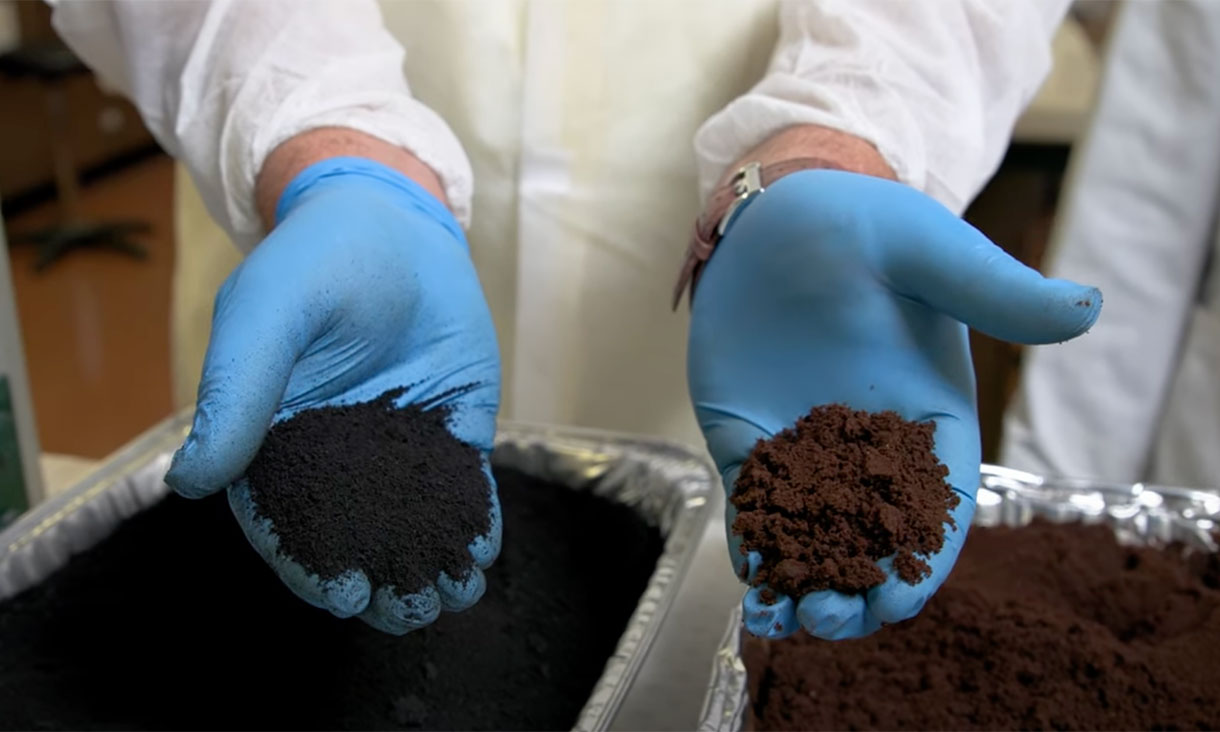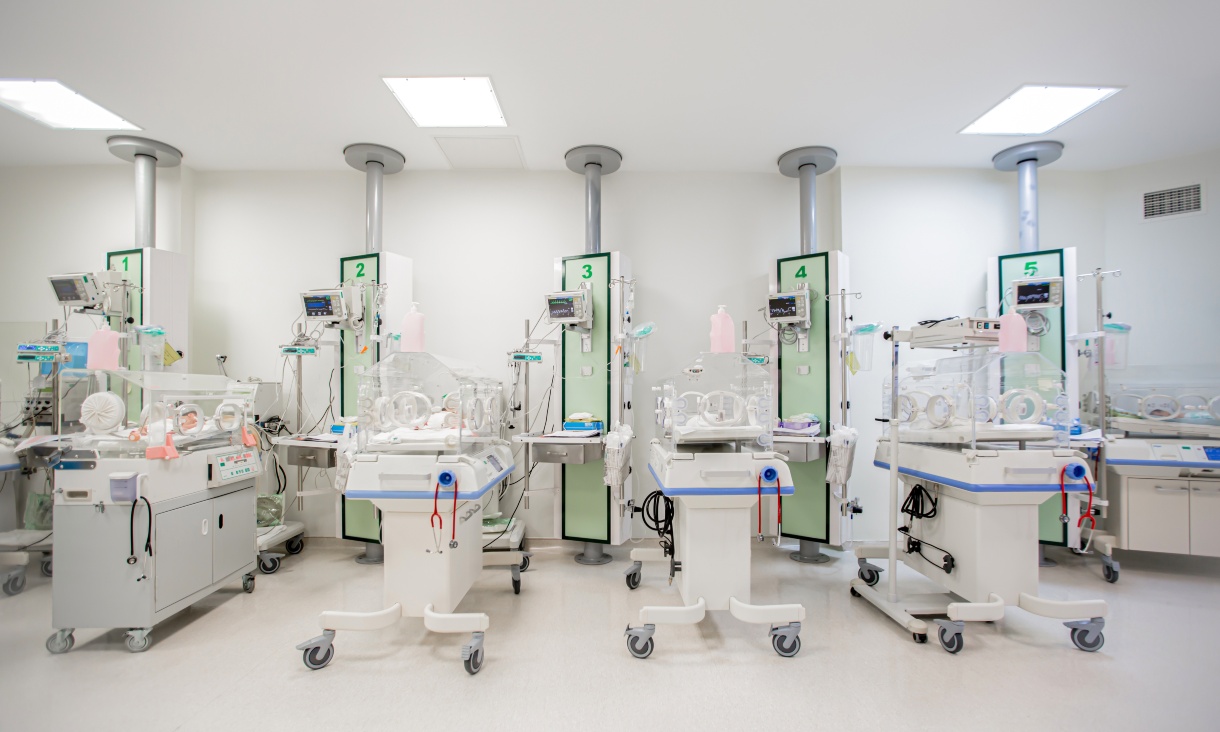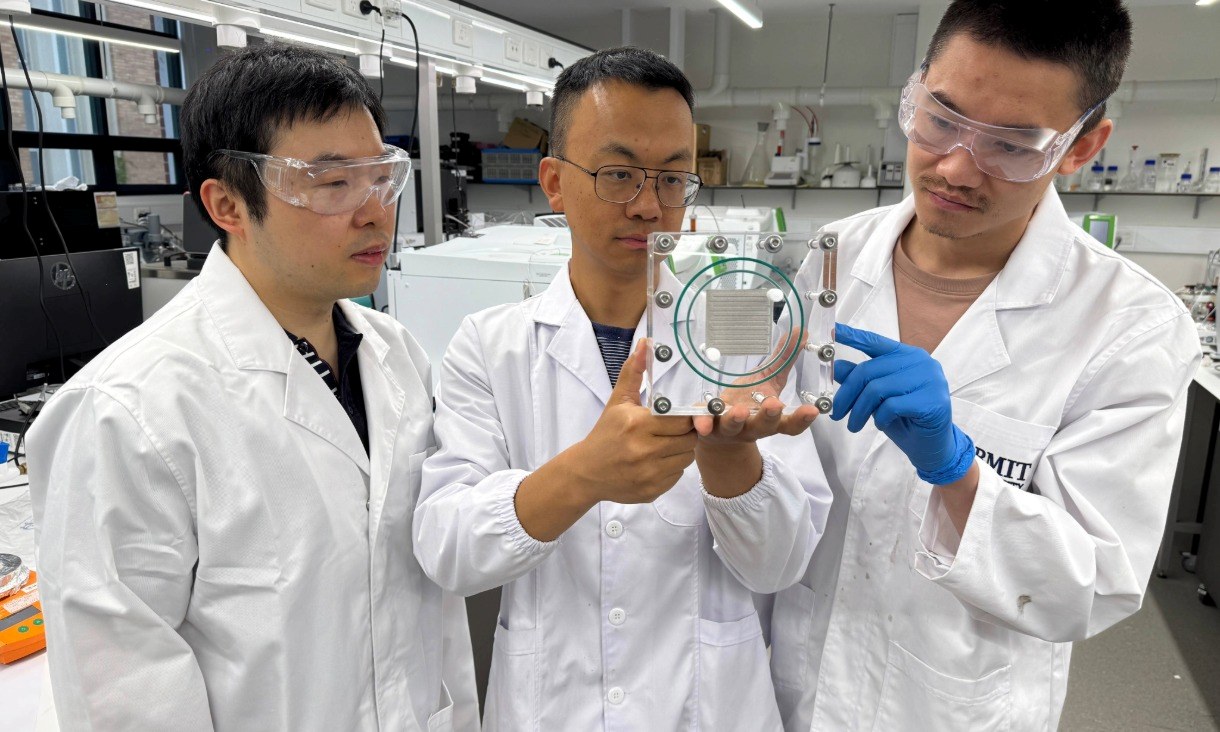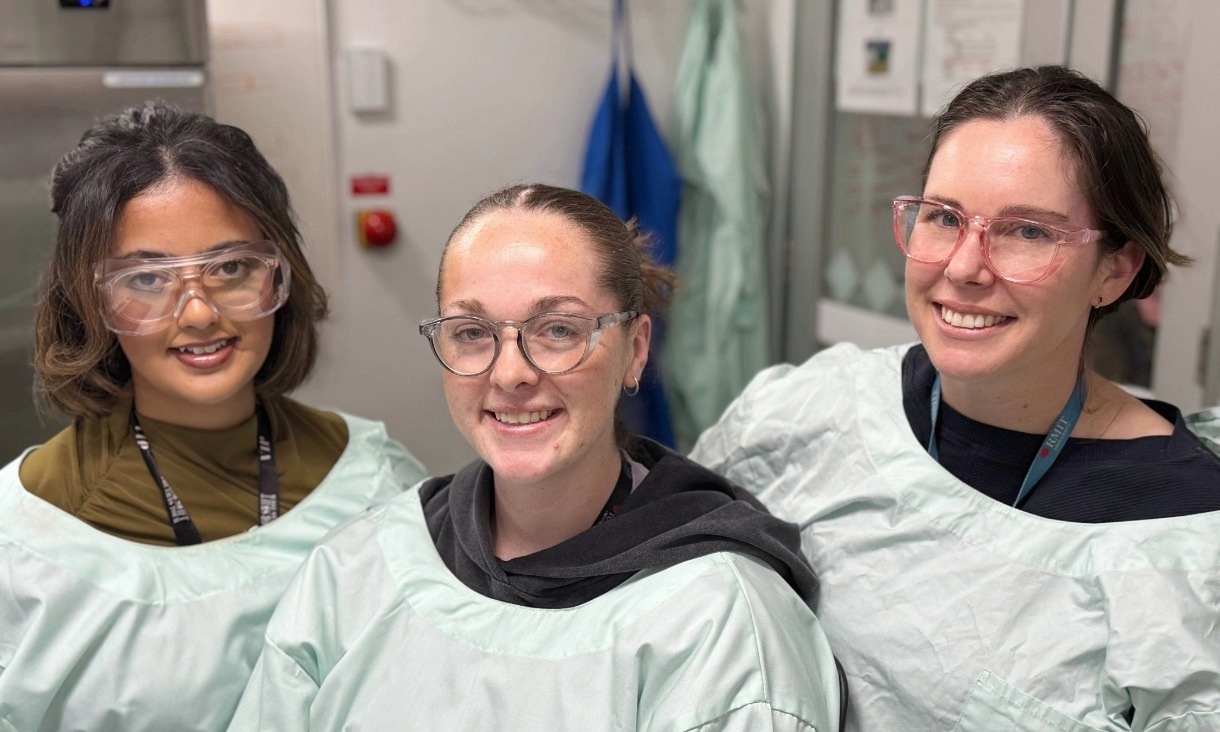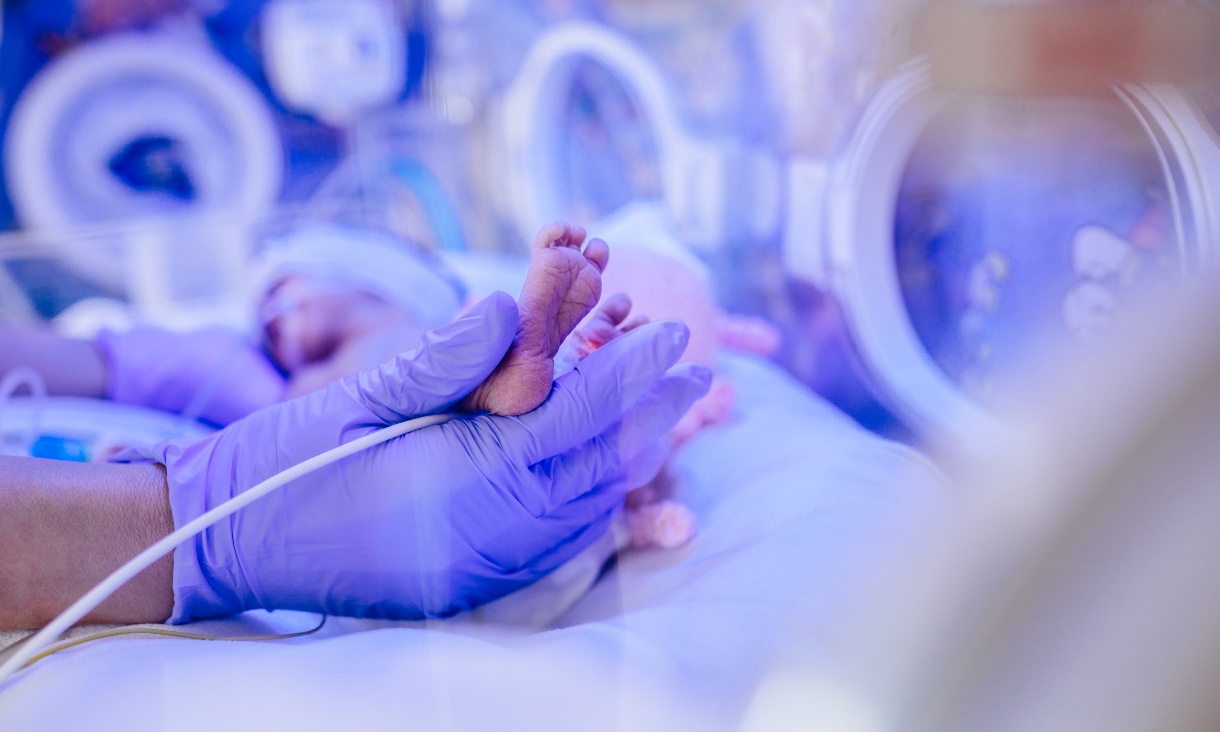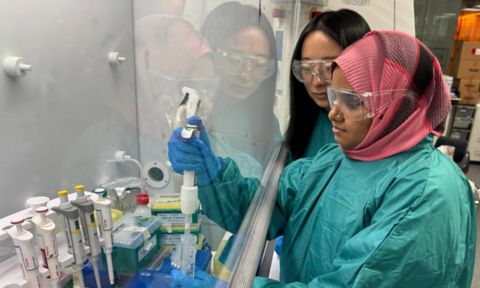‘Incredibly resilient’ nylon device creates electricity under tonnes of pressure
RMIT University researchers have developed a flexible nylon-film device that generates electricity from compression and keeps working even after being run over by a car multiple times, opening the door to self-powered sensors on our roads and other electronic devices.
European research lays the groundwork for future stem cell clinical trials
RMIT has contributed to an international consortium exploring how human mesenchymal stem cells could help to repair brain injury in children born preterm.
New carbon-conversion technology could turn emissions into jet fuel
RMIT researchers have developed a carbon conversion technology that may one day help turn industrial emissions into jet fuel, by simplifying how carbon dioxide is recycled.
Newly awarded Distinguished Professorships recognise excellence in research and leadership
Nine academics from across RMIT University have received the high honour, which is awarded to Level E academics who have achieved outstanding impact throughout their career.
Zapping stem cells could boost growth of new tissues and organs
Scientists in Melbourne have discovered how tiny electrical pulses can steer stem cells as they grow, opening the door to new improved ways of creating new tissues, organs, nerves and bones.
The impact of early life events on lifelong health
RMIT researchers are investigating the earliest moments of life and their role in the development of neurodevelopmental disorders.
Tiny metal particles show promise for targeted cancer treatments
An international research team led by RMIT University has created tiny particles, known as nanodots, made from a metallic compound that can kill cancer cells while leaving healthy cells largely unharmed.
Ultra-thin filters could help improve production of medicines and dyes
Scientists in Australia have developed new ultra-thin filters that can separate valuable chemicals from liquid mixtures fast and efficiently to make medicines, dyes and other products, which could help industries cut waste, save energy and lower costs.
